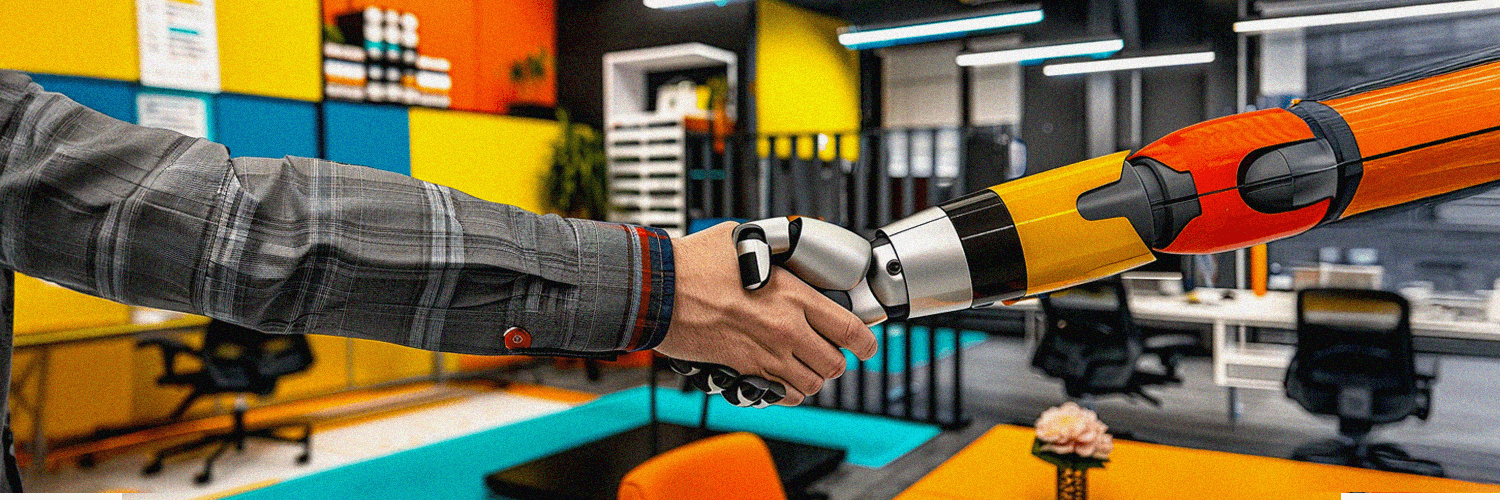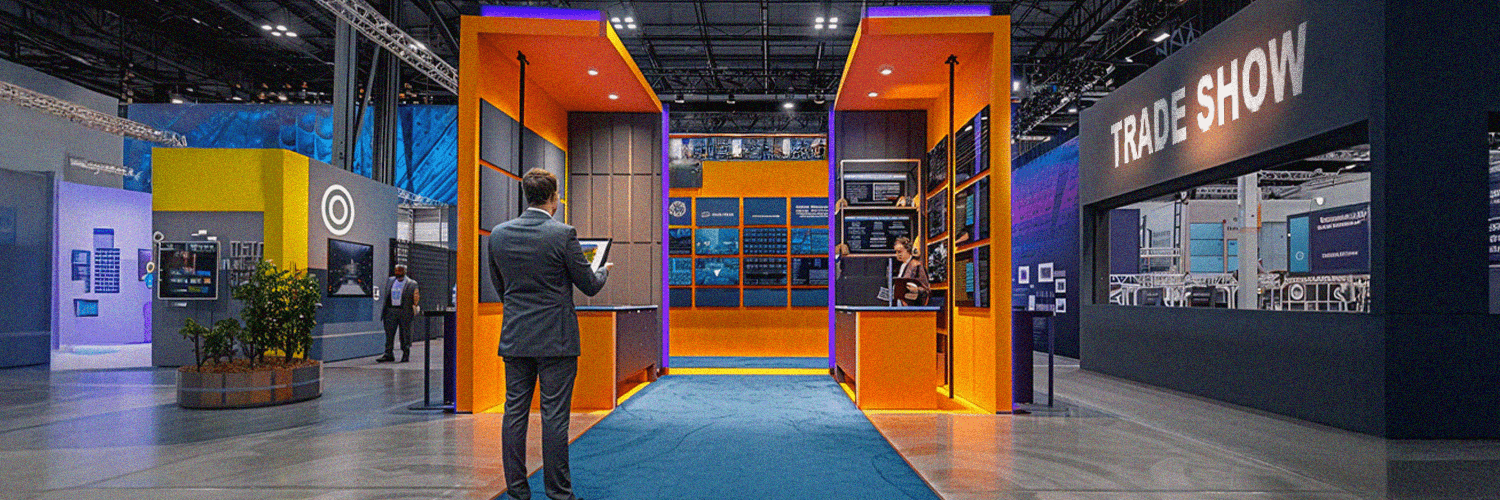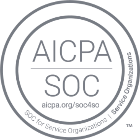
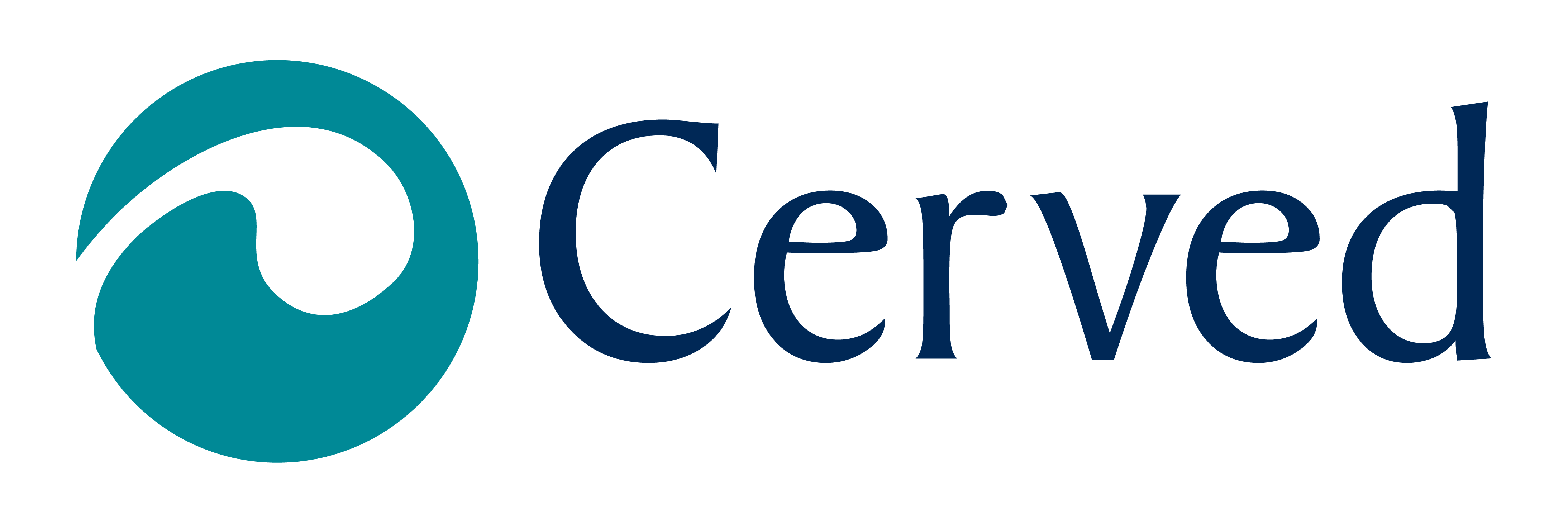
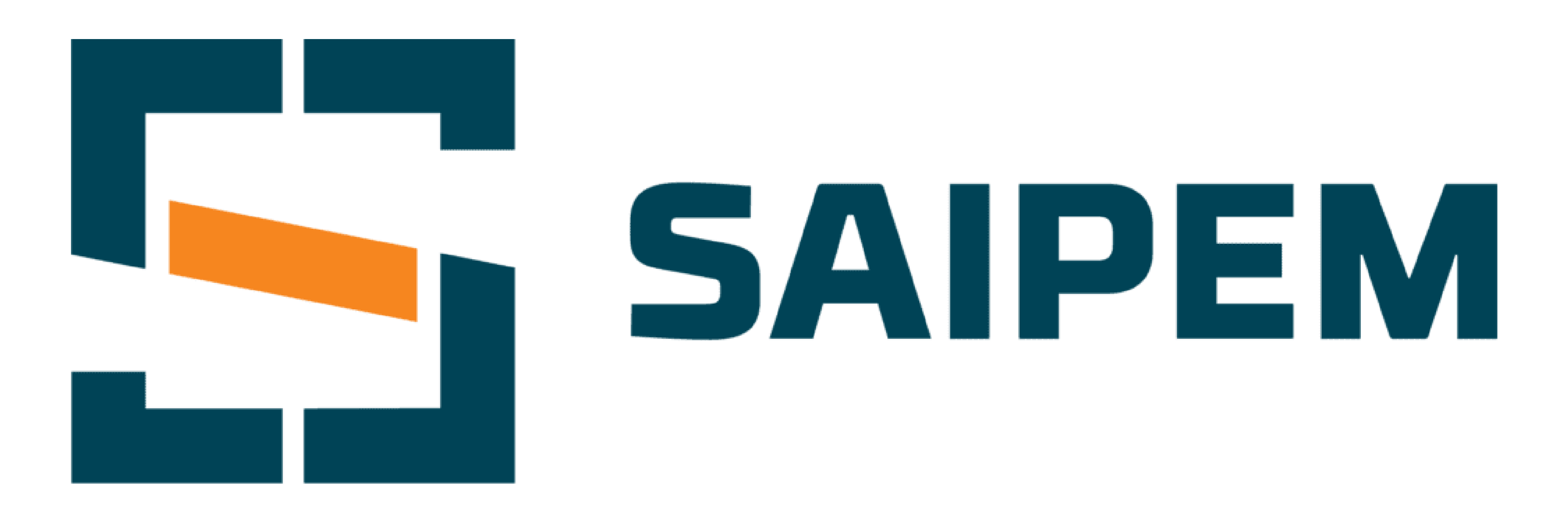


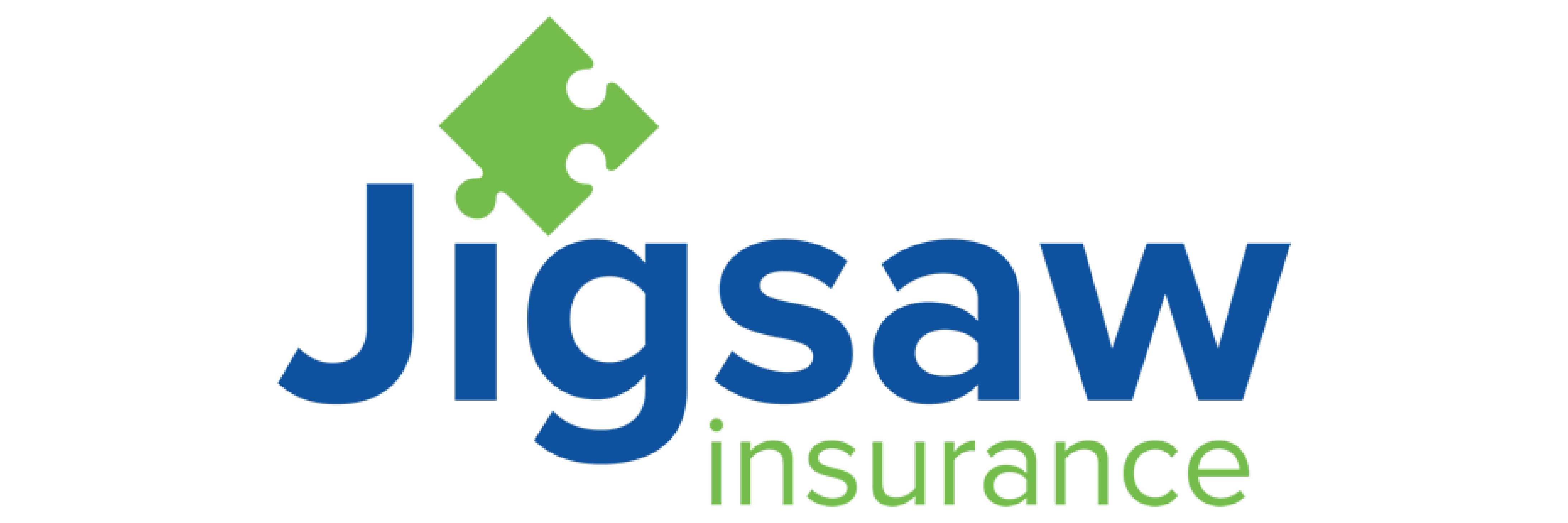
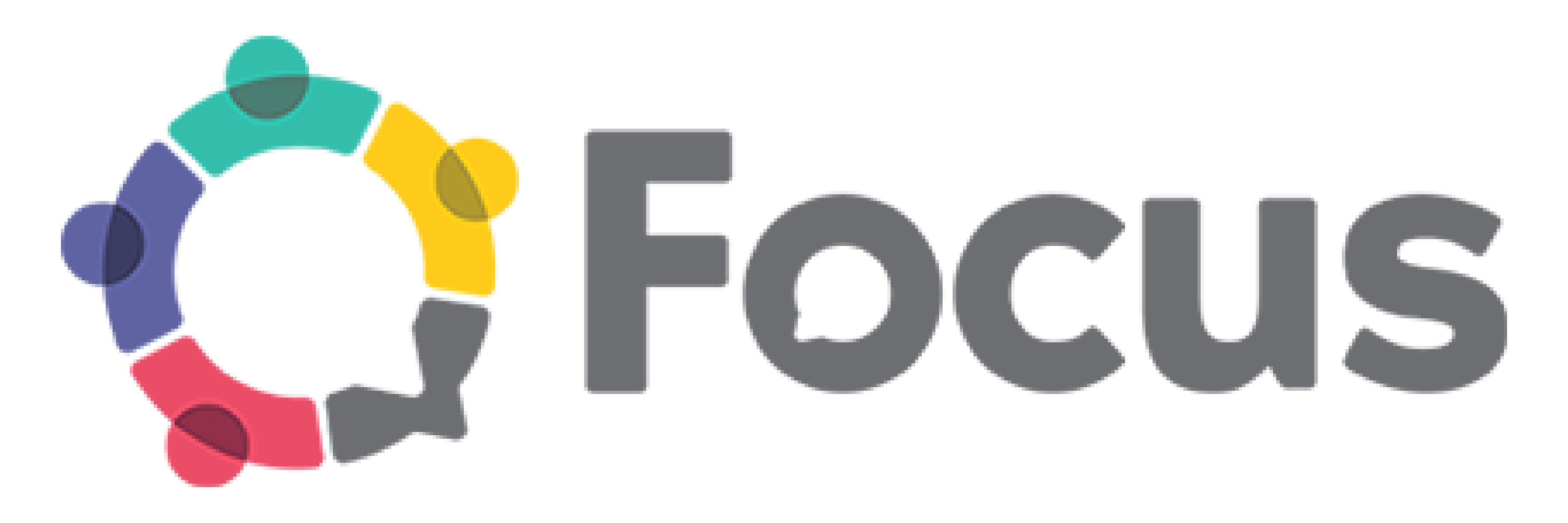
ABOUT YAROOMS
The smarter way to manage spaces, resources, and hybrid teams in tech
If you’re managing workplace operations at a technology company — whether you’re in facilities, workplace experience, or people ops — you’ve probably dealt with:
🔴 Not knowing who’s in the office, when, or why
🔴 Teams struggling to coordinate hybrid schedules and show up together
🔴 Desks and meeting rooms sitting empty… while others are overbooked
🔴 Endless Slack threads and spreadsheets just to manage space
🔴 Tools that don’t talk to each other or require constant IT patchwork
YAROOMS makes all of that easier.
It’s a one-stop workplace management platform that helps tech companies manage desk and room booking, coordinate hybrid work schedules, and understand office space utilization.
With an intuitive interface, numerous integrations, mobile access, and real-time usage data, YAROOMS helps your employees stay connected and your workplace run smarter (without extra load on your IT team).

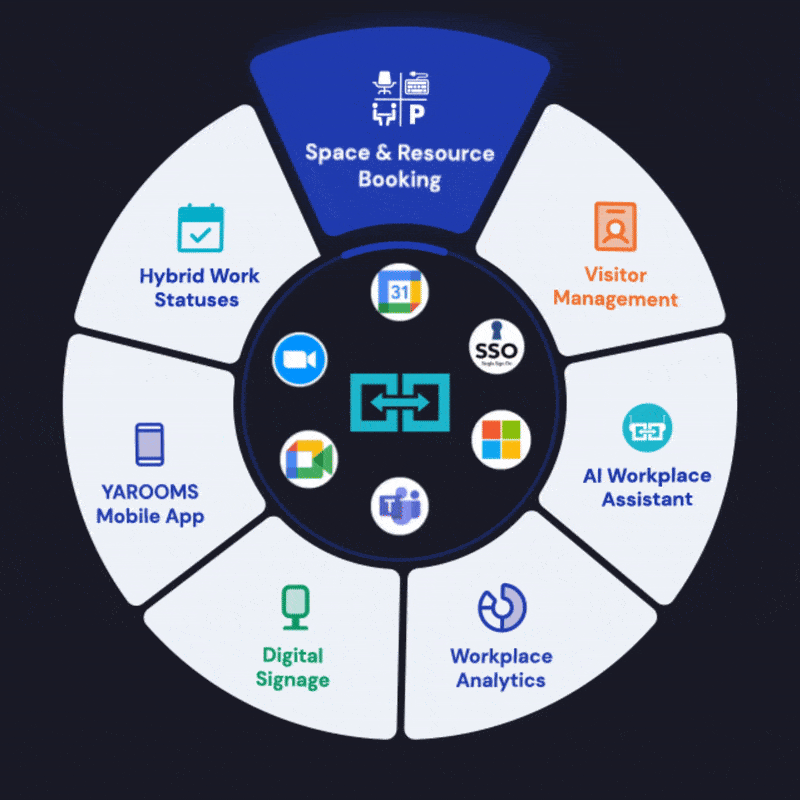
Streamlined space & resource booking
One system for all spaces and resources
No more manual reservations and scattered tools. Manage everything from one platform: desks, meeting rooms, parking lots, and more.
Role-based permissions & booking rules
Control who can book what, how far in advance, and for how long.
Interactive floor plans
Find and book available spaces directly from an interactive office floor map — no guessing or asking around.
QR code, geofenced, and Wi-Fi check-in
Automatically confirm who’s in the office using low-effort, tech-friendly check-ins: from QR scans to Wi-Fi connection.
YARVIS: AI booking assistant in Slack & Teams
Book spaces, check their availability, or find colleagues in the office by chatting with YARVIS right inside Slack or Microsoft Teams.


Full visibility for better hybrid collaboration
Flexible hybrid work scheduling
Let employees create their hybrid work schedule by setting a status: at home, in office, vacation.
Shared work status calendar
Each employee can check who’s in the office on any given day to plan meetings or collaboration.
Actionable hybrid work insights
Track how often people come in, when the office is busiest, and who’s actually showing up.


Secure visitor management
Seamless visitor check-in
Visitors check in using a modern visitor management application at the front desk. Hosts are notified, and badges can be printed if needed.
Custom registration workflows
Tailor the process by visitor type (clients, contractors, partners, etc.) with configurable registration forms.
Digital visitor log
All visits are kept in a digital visitor log with, host, contact, and other info. Easy to search, export, and audit when needed.
.png?width=2000&name=VM@0.5x%20(1).png)
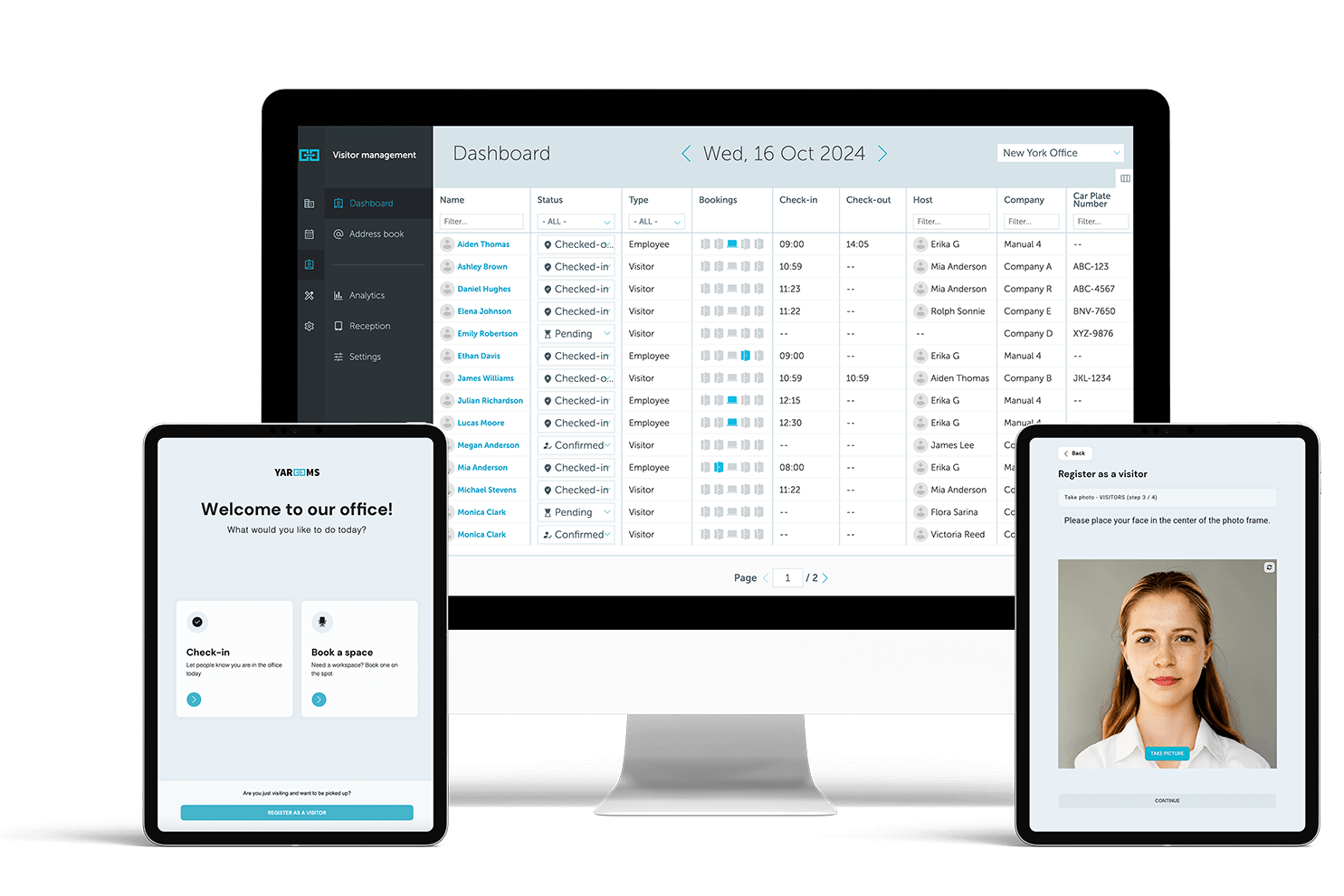
A platform your teams will actually use
Intuitive, user-friendly interface
No steep learning curve. Just log in and start booking workspaces in seconds.
Mobile app for booking on the go
Employees can quickly find and book spaces or set their hybrid work status on the go, directly from their phone.
Microsoft Teams integration
Let users book desks and rooms directly in Microsoft Teams, without ever opening another app.


Data for smarter space planning
Utilization reports by space type and location
See exactly how desks, meeting rooms, and other resources are used daily, weekly, or over time. Spot trends and justify layout changes with hard data.
Office heat maps
Visualize which areas are popular, underused, or consistently empty in a heat map. Redesign zones or relocate resources as needed.
Employee satisfaction
Send a short survey to everyone who visited the office and generate an employee satisfaction report.
.png?width=600&height=400&name=Yarooms%20utilization%20analytics%20complete@0.33x%20(1).png)
.png?width=600&height=400&name=Yarooms%20utilization%20analytics%20complete@0.33x%20(1).png)
Integrates with your entire tech stack
YAROOMS integrates seamlessly with platforms like Microsoft 365, Google Workspace, Slack, Teams, Okta and more. You can automate bookings, sync calendars, streamline sign-ins, and keep all workflows connected.


Robust security for modern workplaces
Security is our top priority. We have strict safeguards in place to ensure the safe development and deployment of the YAROOMS workplace management platform. Our commitment is backed by industry-leading certifications, including:
| ✓ ISO 27001 | ✓ ISO 27701 |
| ✓ ISO 9001 | ✓ ISO 14001 |
| ✓ SOC2 Type 2 | ✓ GDPR Compliant |


SUCCESS STORY
How Saipem brought order to a complex hybrid workplace
When Saipem relocated its 4,000-person Milan HQ and adopted a hybrid model, manual booking and planning quickly became unmanageable. With fewer desks than employees and multiple departments sharing space, they needed a smarter, scalable solution.
With YAROOMS, Saipem now handles desk bookings, meeting room reservations, and hybrid work planning from one platform — fully integrated with Microsoft Outlook and over 200 room displays. Employees plan their week easily, and admins get visibility and control across the organization.
“YAROOMS helped us turn complex planning into simple, reliable processes,” said Manuele Ascia, Project Manager, Digital Corporate.
Manage your workplace smarter
Learn how forward-thinking tech companies use YAROOMS to
manage spaces, resources, and people experiences.
Join us for a Live Demo or watch the On-demand Platform Tour.
spaces, resources, and people experiences. Join us for a Live Demo or watch the On-demand Platform Tour.
Real companies, real results

"The YAROOMS team was incredibly supportive throughout the entire implementation process. They guided us every step of the way and made sure we fully understood how to use the platform for our specific needs. Plus, the user interface is super intuitive, which has made it a breeze for our team to use."
Hector Garcia,
Assoc. Director, Marketing, Customer and Employee Engagement
.png?width=150&height=150&name=bitdefender%20(testimonial).png)
"Meetings are an integral part of working in a company spread accross continents. Managing all these meetings - and the spaces they take place in - can be incredibly challenging. Before using YAROOMS, we had problems with scheduling inefficiencies. These are now prevented in our most meeting-intensive locations.
George-Lucian Talaba,
Service Desk Engineer

“As we expand with the business, we want partners that can grow with us. And we really appreciate your flexibility and adaptability. If we have to bring in more desks, renumber or relocate them, change the meeting rooms or office maps, we can be sure that the YAROOMS team will do it promptly and professionally”,
Richard Coope,
PM, Future-Ready Workplace
Insights to get you started
Choosing the right workplace management platform is no small feat. We collected a
couple of insightful resources to help you identify your needs and navigate
the sea of options. Continue your research:
FAQ: YAROOMS for technology companies
How can YAROOMS help us manage hybrid work schedules?
Can we control who books what spaces?
Can we assign desks to specific teams or functions?
Yes. You can assign desks to specific departments, restrict access to certain zones, or even define default areas for each team.
What if someone tries to check in from home?
Wi-Fi or geofencing check-in methods only register users if they’re physically present in the office. This prevents check-ins from outside locations and ensures accurate reporting.






